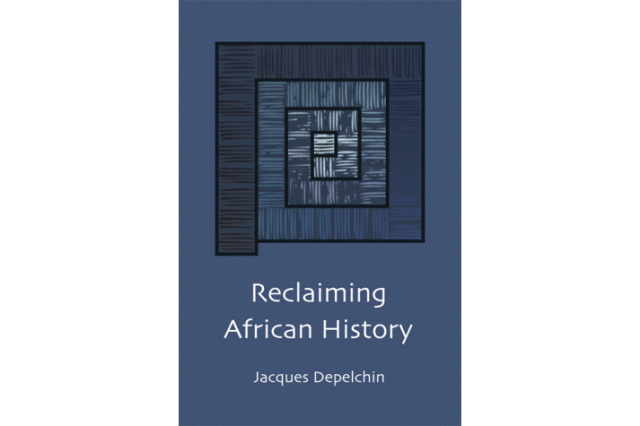India manufactures 70% of the world’s endosulfan, which explains why there has been such a strong lobby against its ban, despite evidence of its health hazards. But India has finally dropped its opposition to a ban on endosulfan, thanks largely to the campaign against the pesticide by Kerala’s (…)


